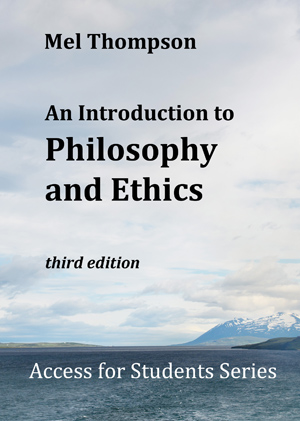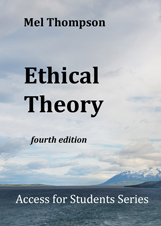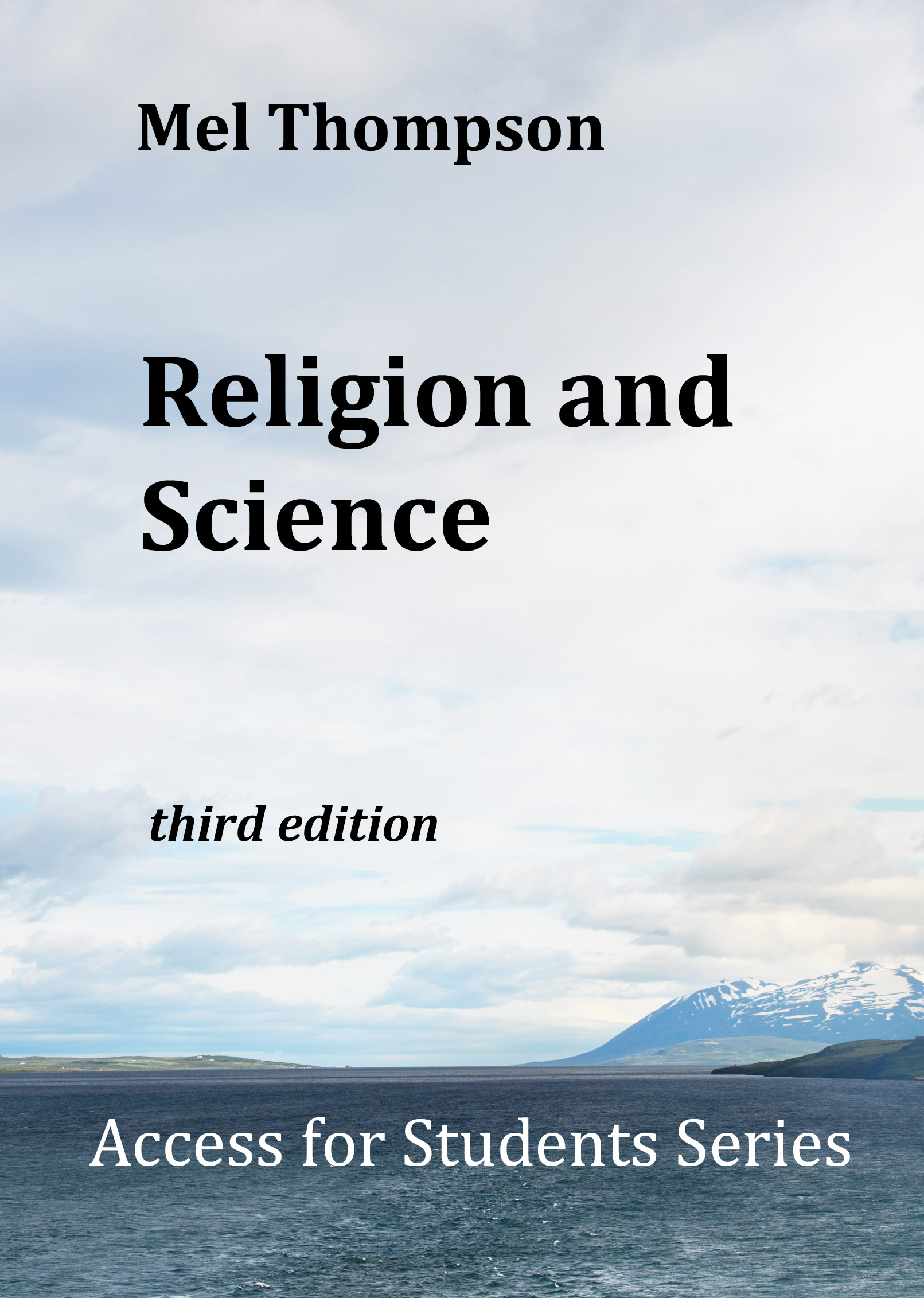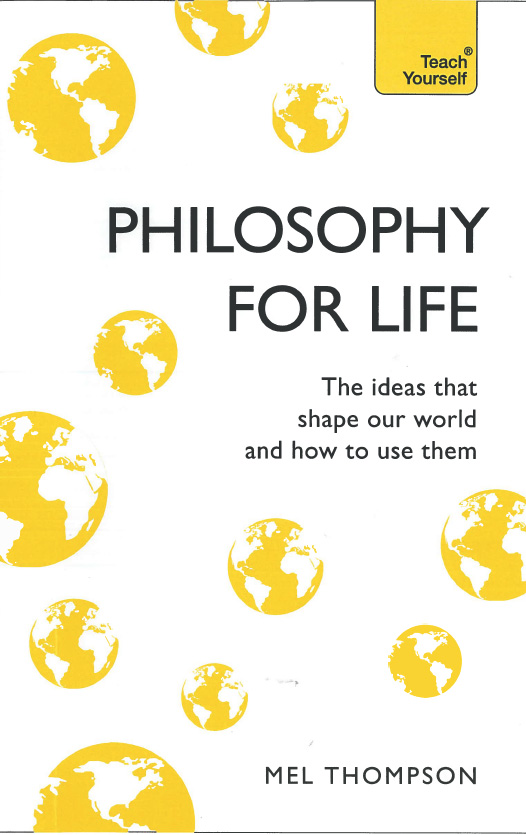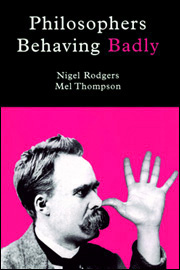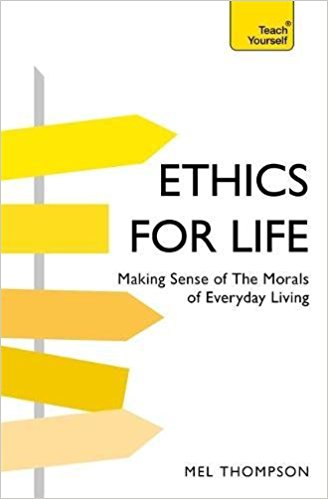Preparing for an Examination
(Please be aware that this advice is generic and possibly dates, in that it does not relate to the specific requirements on any one examination specification or paper. You would be wise to consider these points only alongside the latest advice given by your teacher or examination board.)
When it comes to doing well in examinations, there is no substitute for the satisfaction of having taken a genuine interest in the subject, reading as widely as possible around the topics covered, and discussing and debating them with others. By getting to grips with the issues and sharpening up your own views on them, you will have arguments ready to hand when you get into an examination room, and be able to know and justify your point of view.
However, the following suggestions are made in order to help you maximise the benefit you will gain from your work, and to avoid some of the common pitfalls.
1. Revising from your notes
Remember, your time in the examination is very limited. By the time you have selected your questions, you need to be able to make your case, and demonstrate your knowledge as quickly and succinctly as possible. In such circumstances, details will only be useful if they back up your argument. Everything you include needs to be either evidence for the case you are making, or illustration of the point you have made.
As you go through your notes, try writing in the margin whether the information you have is likely to be used as evidence or illustration, and how it might be used. For example, you might want to write ‘Good example of applying a utilitarian argument’ or ‘Good evidence for a sense of design in the world,’ or ‘illustration of a miracle of timing.’
Not only will this remind you of when to bring in that material, but it will also remind you that – if you do introduce it – you should use ‘this is shown by…’ or ‘For example, if…’ or in some other way link the example to your argument.
Always remember – a list of facts is not sufficient for an essay answer. Everything needs to demonstrate that you understand the material and can put an argument together.
Key thought
A good way to make sure that you do not do well in your examination is to memorise standard answers to what you think the questions might be. Unless exactly the right question comes up, you may be wasting time by writing down things that the examiner will have to ignore.
You get little credit for giving the examiner an outline of everything you have been taught on the subject, however well you may have understood it. Always read the question carefully and make sure that everything you say is relevant to answering it.
2. Checking the Specifications
When you start to revise, get a copy of the specifications for each of the papers you are taking and make sure you have covered each of the topics included. If you want to live dangerously, you may try to guess what questions will be asked, based on the assumption that an examiner is not going to ask exactly the same question two years running, and that some topics will be more likely to come up, not having appeared for some time. However, it would be very foolish to rely on such guesses – so make sure that you know at least something about each topic, so that you will not be totally stuck for an answer if the worst possible combination of questions, from your point of view, appears on the paper.
The safest bet is to rank the topics in some sort of priority order. By all means spend more time on those you think most likely to come up, but make sure that you do not neglect the others. In any case you are bound to be more interested in some topics than others, and natural interest is a great motivator.
3. Essay outlines: advantages and disadvantages
An examination essay is essentially an argument. It demonstrates your knowledge and shows that you can argue and justify a point of view. It is important that you should know what information is relevant to answering a question, but also that you should understand the arguments involved, along with their strengths and weaknesses.
An essay outline – setting out what you would include and how you would argue your case – may be a useful way of revising topics; it enables you to see at a glance the main points.
However, memorising essay outlines can lead you astray. All too often candidates spot a key word or words in a question and mentally lock onto their memorised essay outline. Some even use mnemonics to help them to get all the information included. The temptation then is to reproduce your essay outline, rather than actually answering the question set.
Read the question carefully, noting each phrase (everything in that question is there fore a purpose). Then think about how you would present your argument. If it exactly matches the essay outline, you’re in luck. If not, concentrate on the actual question not the outline.
Key thought
It may be more useful to write down outlines of arguments, rather than essays. What are the key points in the Ontological argument? What are the strengths and weaknesses of a utilitarian approach to ethics? If your notes are full of IF, THEN, BUT, SO and THEREFORE, you are more likely to remember the flow of the argument.
4. On the day… issues of space and time
The Paper
Take a good look at the question paper, and be aware of the process by which is has been devised…
First of all, a principle examiner in the subject will have drafted out suitable questions. He or she will have looked back at what has been asked during the last couple of years and will have checked past papers against what is included in the syllabus. It is therefore unlikely, but not impossible, for the same topic to come up in consecutive examinations. Be aware of what is most likely to come up, but also be prepared for the examiner to surprise you.
After that, the examiner will have to devise a mark scheme for the question. This will include the main things that should be included and the arguments that might be used. He or she is required to show that the question gives candidates scope for demonstrating their knowledge of the relevant part of the syllabus, and will include that in the mark scheme.
Ask yourself:
- What is this question looking for?
- What part of the syllabus does it cover?
- It is coming at that topic from any particular angle?
- What is likely to be in a mark scheme for this question?
The question will go before ‘revisers’, who will test it out to see if it works. It is then presented to panel of examiners, who will discuss its merits and check it against the specifications to make sure that it is fair, and that it gives scope for candidates of different ability levels to do themselves justice. (After all, there is absolutely no point in making a question so difficult that only the most brilliant will understand it, nor so obvious that everyone will score full marks.)
Positive rewarding
Candidates are generally credited with whatever they write that is both correct and relevant to answering the question.
There may be different ways of interpreting a question, and examiners are always vigilant to spot the unusual but valid answer. If you set out your argument clearly, the examiner should be able to understand how you have interpreted the question. If you absolutely have to answer a question and are a bit uncertain about exactly what it is getting at, then start by explaining what you think it is about. If yours is a valid interpretation – even if it is different from everyone else’s – you should get credit for it. If you are uncertain, but do not explain yourself, and the examiner cannot understand what you are on about; your answer might appear irrelevant, and you will not get the credit due.
b. Choosing questions and allocating time
Make sure you check the rubrics on the questions paper, so that you are clear about how many questions you are meant to answer, especially if there are ‘a’ and ‘b’ parts to questions. Make a mental note of the marks allocated to each part, if they are given, and make sure that you allocate your time appropriately.
Remember – examination questions are there in order to allow you to show your skills in putting together a reasoned argument, based on what you have studied. If a question looks ridiculously hard or far too easy, think again! You may have missed something.
Key thought
If the only way of answering the question is by referring to some obscure article you downloaded from the internet, think again! Examiners do not play tricks on candidates, nor require them to have researched anything obscure. There has to be a straightforward way of answering the question, and the material you need to know to do so will have been in one or more of the books on the reading list.
Once you are confident that you know what the question is looking for, it may be useful (but is not essential) to plan out the essay on paper (you will certainly need to hold the plan in your head, and stick to it). Generally speaking, plans and lists of topics are not taken into consideration in giving you a mark for the question – unless, for example, you fail to finish an essay, in which case the examiner may look back at your plan to see what you intended to do.
But remember, it is ‘demonstrated’ knowledge that is needed – the most your plan will show is that you know the main headings, not that you have detailed knowledge, so that’s all you can possibly hope to be credited with. The examiner will not give you credit for what he or she may guess you know, but have not actually included in your essay.
c. No second thoughts
Don’t start a question until you know how you are going to answer it. Some candidates abandon a question part way through, and then start another one instead. This is a waste of time. Choose only questions that you know you can answer, and then stick with your decision once it is made. Make it clear in the first sentence or two of your answer how you are going to tackle the question and the general line of argument that you will be taking.
Key thought
Examiners do not have unlimited time to give to each paper. Make life easy for them – set out what you intend to do clearly, and then do it. You do not need to start an essay by outlining everything that is going to be in it (that would be a waste of your valuable time), but it is very useful to have an opening paragraph that shows you are aware of the significance of the question.
d. Terms
If particular terms are appropriate, use them. As long as you know what ‘cognitive’ and ‘non-cognitive’ mean in connection with religious language, then using those terms correctly will not only gain you credit in itself, it will also save you time. Philosophers use special terms in order to be able to set down arguments quickly and clearly, without having to explain absolutely everything every time. But make sure you know those terms. If you get them wrong, you could throw your argument completely.
e. Ph.D’s need not apply!
You are being examined on a syllabus, and need to show that you understand and can argue about the material convincingly. You are not expected to argue that everyone who has ever written on the subject is completely wrong and that this examination answer is your opportunity to show the world the truth at last! Let your brilliance show in the clarity and precision with which you argue. Your new idea may be interesting, and the examiner may admire your originality, but it may take up too much of your time, and not allow you to do yourself justice.
f. No padding
Don’t try to pad out your answer with extra facts or ideas in order to make it look more convincing. All you need to do is to answer the question clearly, justifying your point of view, and demonstrating that you know the issues, understand the terminology used in the debates, and have a working knowledge of the topics in the specification. All else is a waste of time. Beyond a certain point (the point at which you are able to put down relevant material concisely and clearly), more generally means worse.
Key thought
You do not please an examiner by writing more, but by writing better. If you know how to answer a question, do so as clearly as possible, explaining whatever is relevant. Once you have done that, you are likely to have scored your maximum mark; padding it out does not help, so use your time to best advantage and move on to the next question.
g. Check and add
If you finish with time to spare, go back and look again at the questions you have answered. Ask yourself the same questions you did before you started – What is the examiner looking for here? Then read your answer. Have your really covered all that you intended to say?
If you want to add material, just put an asterisk or circled number in the text, or ‘Note 1’ – and then write out the extra point you want to make at the end of the essay. (It’s always useful to leave a bit of room between essays so that you can do this.) At this stage, you will not do yourself any harm by additions, and if (but only if) they are relevant – you could improve your mark.


